 Loading...
Loading...

WNT1
Cancer-related genes, Disease related genes, Human disease related genes
Secreted
Cell type enhanced (Cardiomyocytes, Gastric mucus-secreting cells)
Group enriched (MAIT T-cell, gdT-cell, memory CD8 T-cell, naive CD8 T-cell, memory CD4 T-cell)
Not detected
Forms a soluble 1:1 complex with AFM; this prevents oligomerization and is required for prolonged biological activity (PubMed:26902720). The complex with AFM may represent the physiological form in body fluids (PubMed:26902720). Interacts with PORCN. Interacts with RSPO1, RSPO2 and RSPO3 (By similarity). Interacts with WLS (By similarity).
Developmental protein
-
- Derivation: Mouse
- Species Reactivity: Human
- Type: Mouse IgG1
- Application: WB, ELISA, FC, IF, IHC
- Mouse Anti-WNT1 Recombinant Antibody (clone 222-35C8) (EPAF-0192LC)
-
- Species Reactivity: Human
- Type: Mouse IgG
- Application: Block, ELISA
-
- Derivation: Mouse
- Species Reactivity: Human, Mouse
- Type: Mouse IgG1
- Application: WB, IHC, ICC, FC, ELISA
Our customer service representatives are available 24 hours a day, from Monday to Sunday. Contact Us
Can't find the products you're looking for? Try to filter in the left sidebar.Filter By Tag
For Research Use Only. Not For Clinical Use.

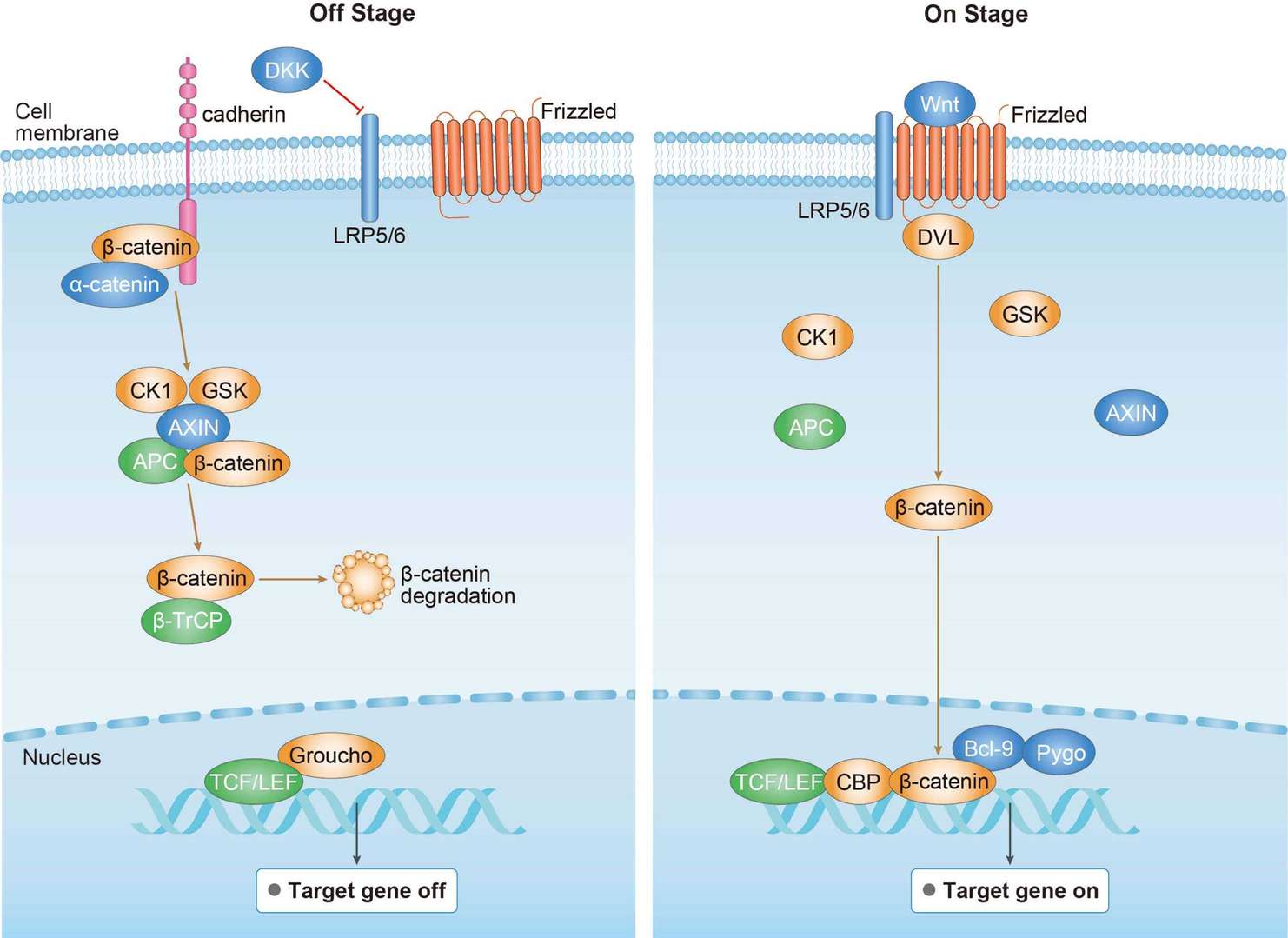 Canonical Wnt Signaling Pathway
Canonical Wnt Signaling Pathway
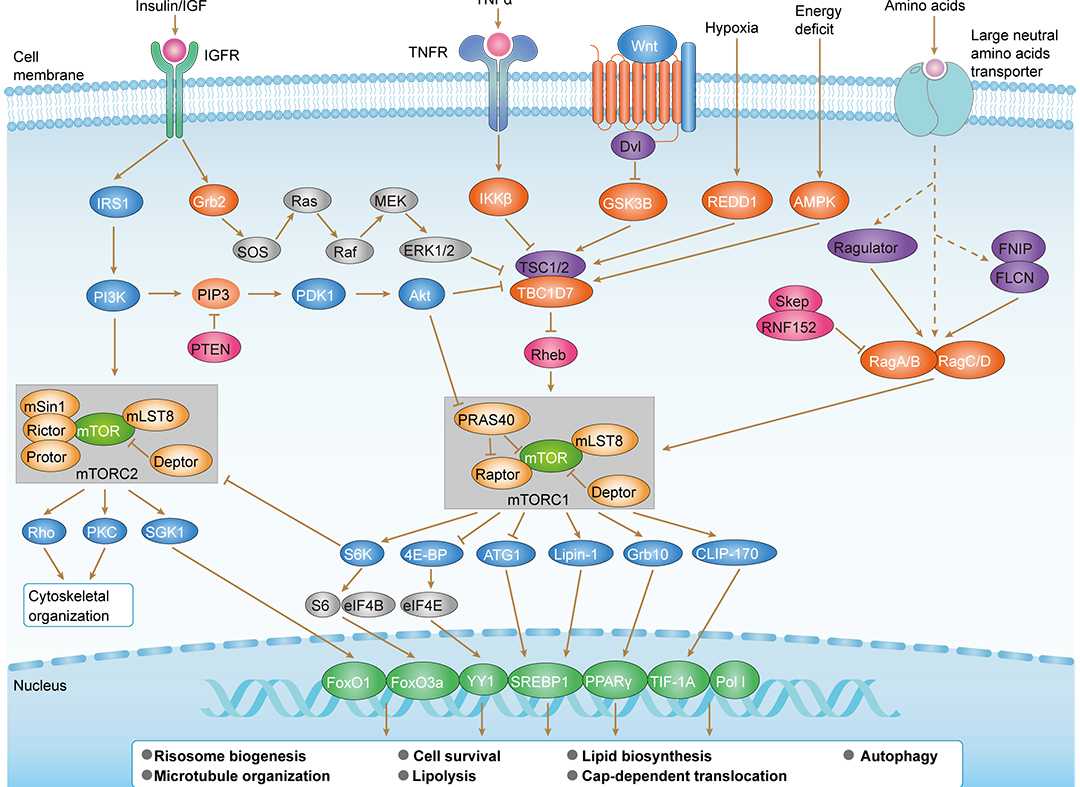 mTOR Signaling Pathway
mTOR Signaling Pathway
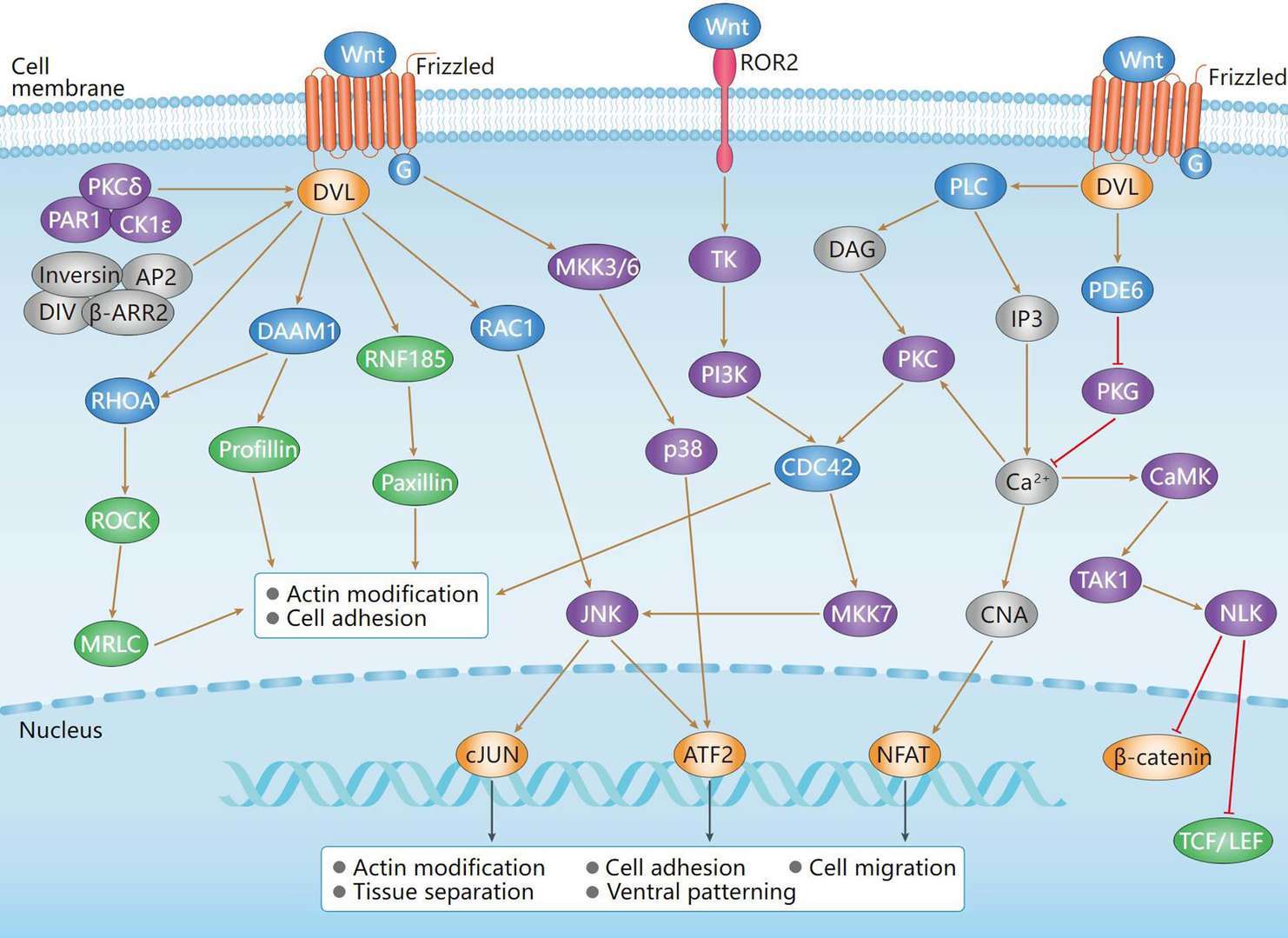 Non-Canonical Wnt Signaling Pathway
Non-Canonical Wnt Signaling Pathway
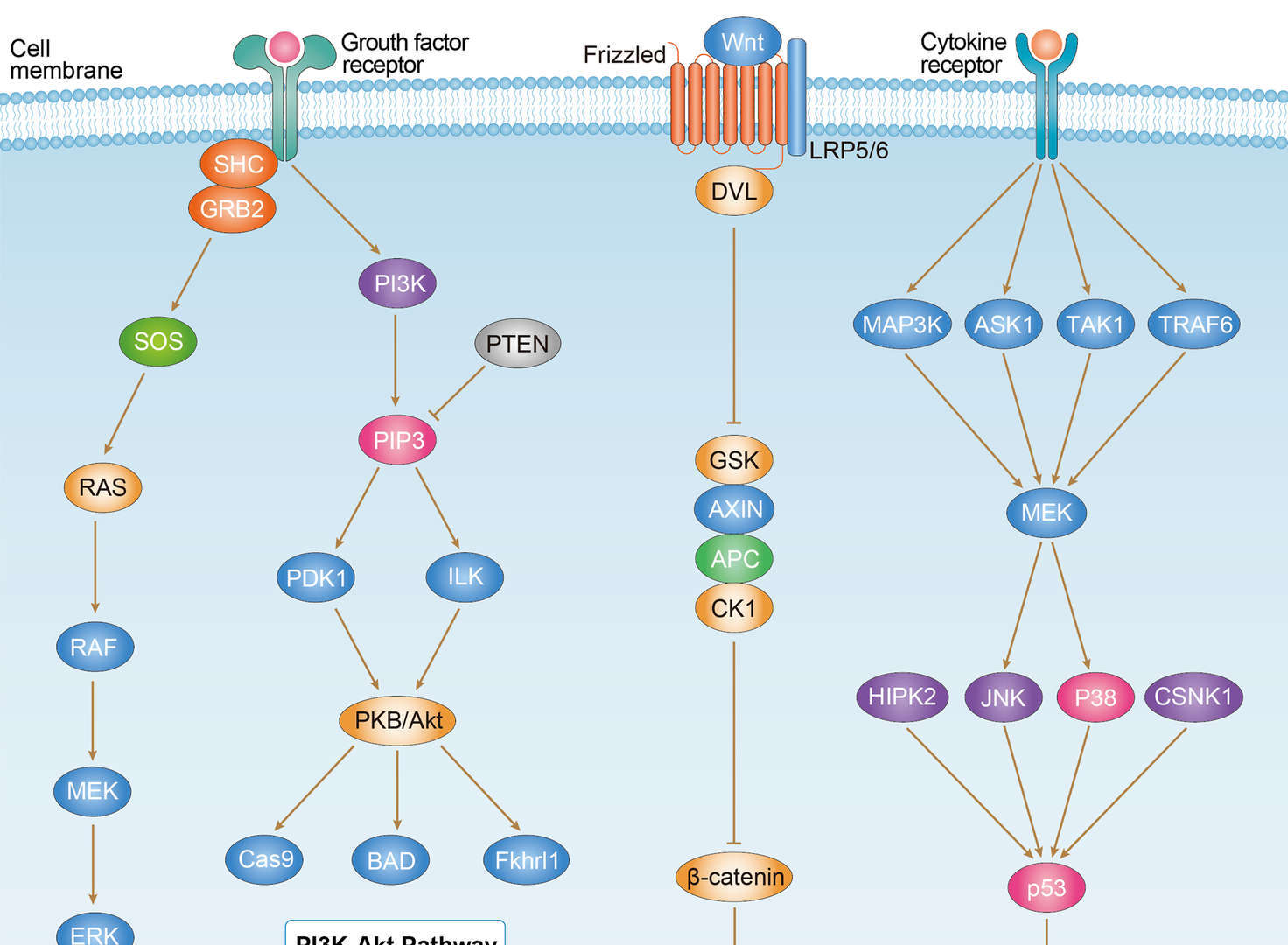 Endometrial Cancer
Endometrial Cancer
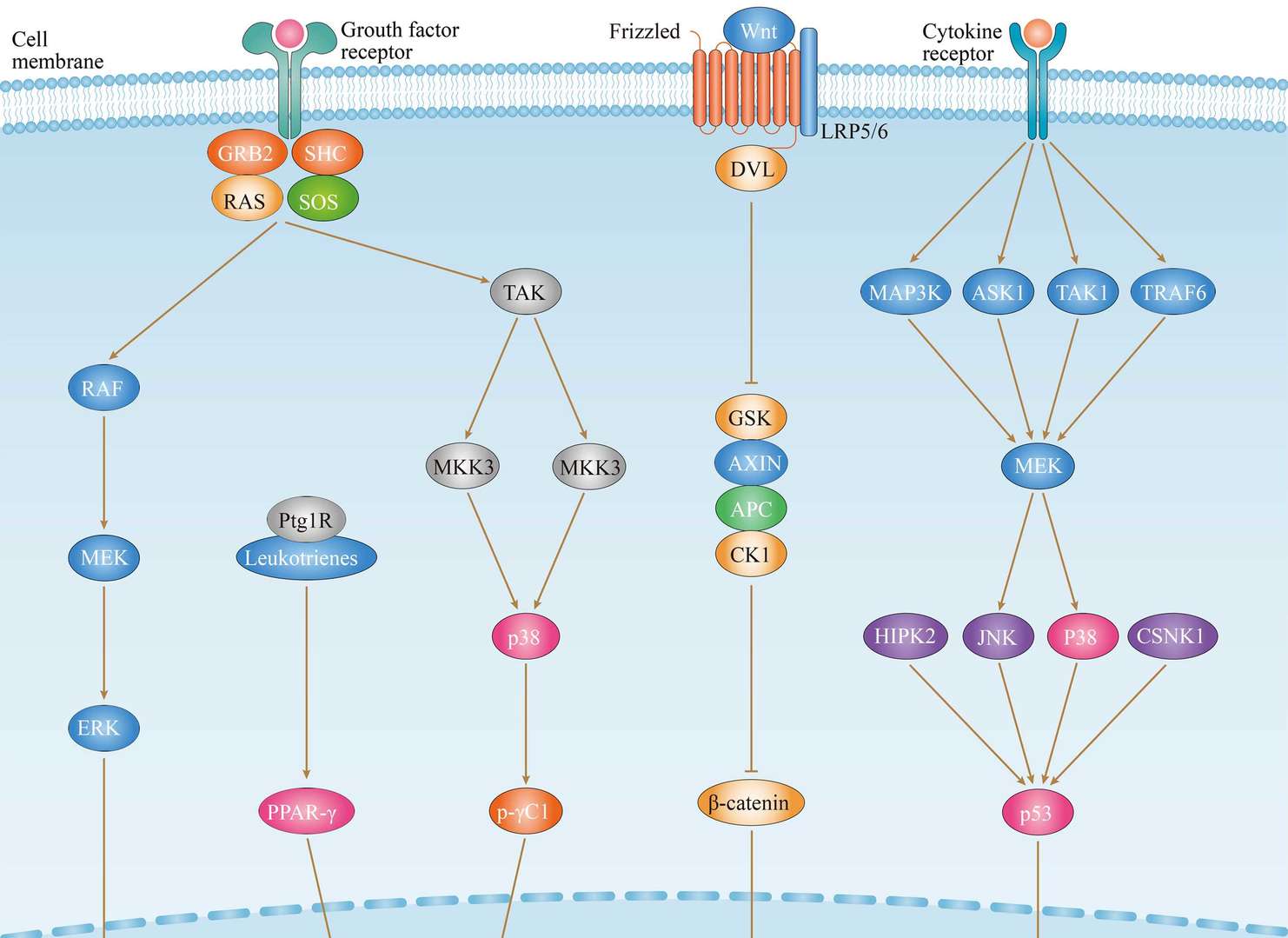 Throid Cancer
Throid Cancer
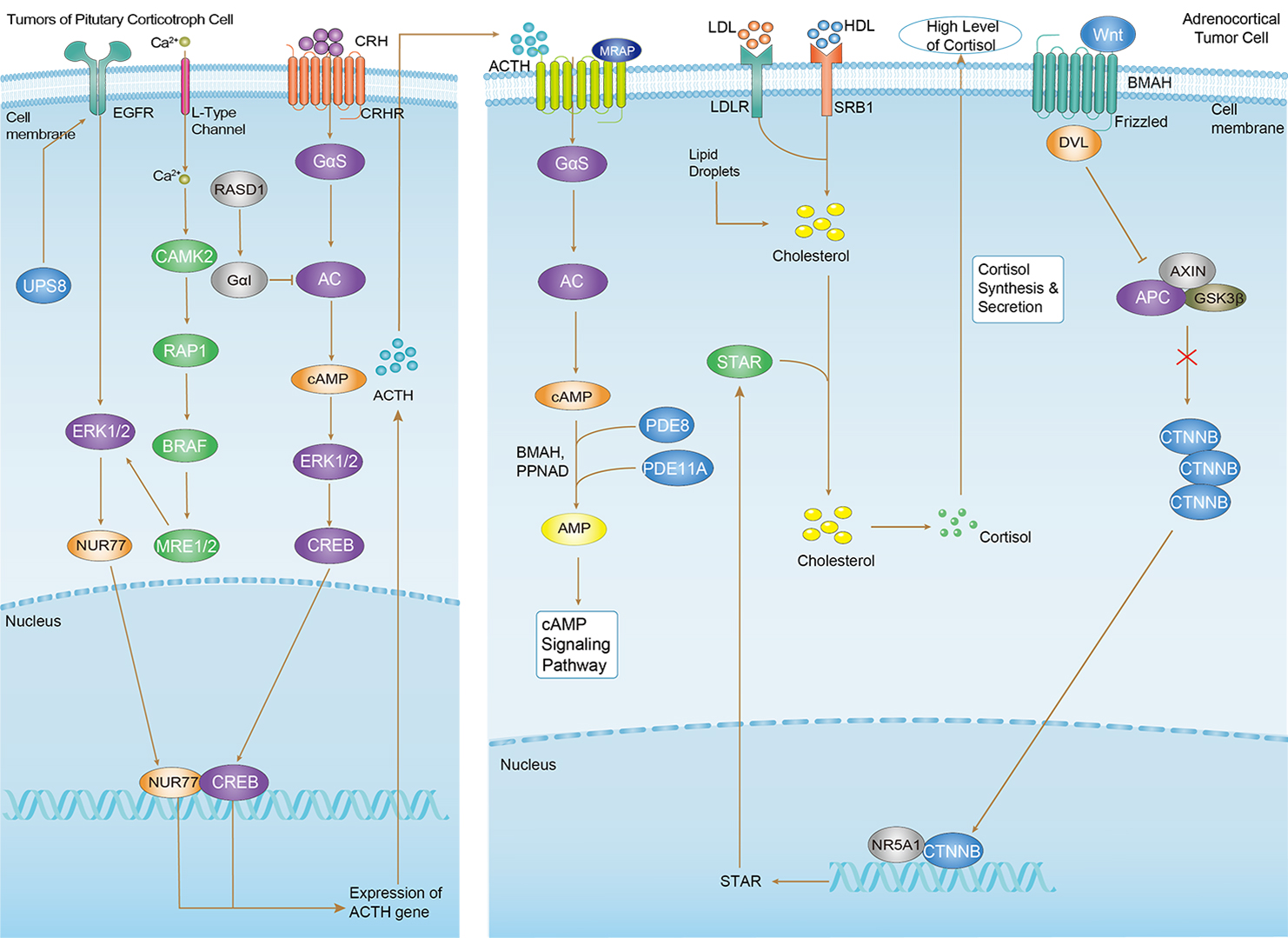 Cushing Syndrome
Cushing Syndrome